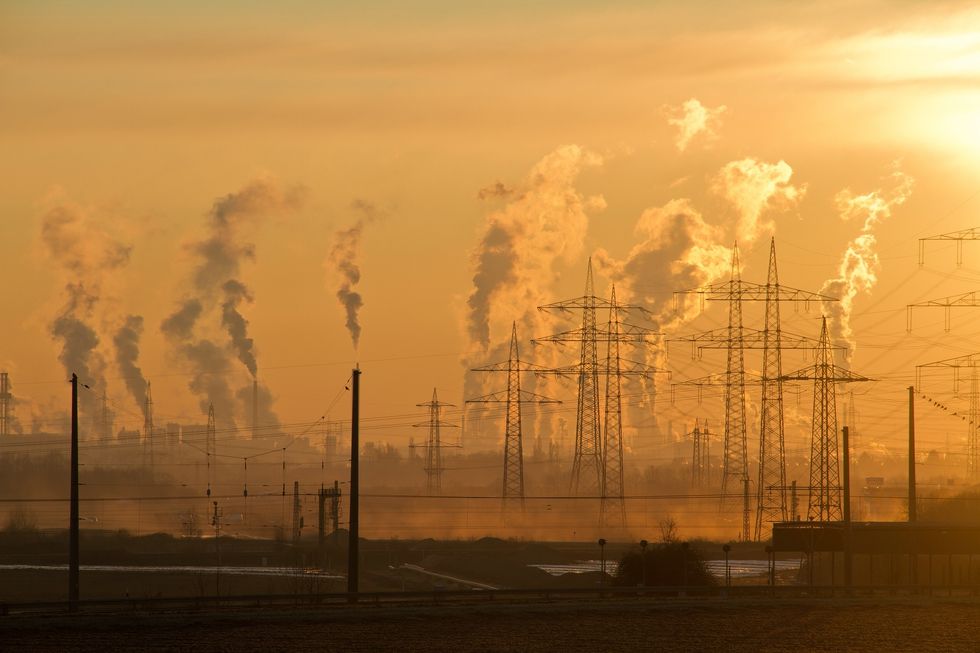A demanding college schedule gives me little free time. As much as I would love to open vacancy for pleasure reading, I already have enough academic readings on my plate. Still, a girl can dream, which is why I keep a list of books I'd like to read eventually. These books come from friend recommendations, my university's bookstore, and scrolling through Amazon as a way of procrastination, but the most recent book I came across was mentioned in an article on my Facebook feed, a book from the cli-fi genre.
Apparently that was not a spelling error on the editor's part. Abbreviated for climate fiction, cli-fi genre books explore ideas and potential outcomes of Earth's climate change.
The book I found, titled The History of Bees by Maja Lunde details the lives of numerous environmental workers involved with bees in some way, set in the middle of the 19th century and going through 2098 where by that time bees are extinct. The plot carries an interesting premise but sheds light on a very real problem in the 21st century: the depleting bee population.
This kind of premise can be similarly seen in the closely related science fiction genre, as anticipated technology of the future, alternative environments, and apocalyptic settings of cli-fi books all fall under sci-fi criteria (think Margaret Atwood's The Year of the Flood). Some believe it is a sub-genre of science fiction, as climate fiction focuses heavily on man made environmental issues, but what I find most interesting is the growing number of climate fiction literary works in recent years. Just type 'climate fiction' in Amazon's search bar.
Climate fiction has even reached the big screen, with coming films such as Geostorm and documentary An Inconvenient Sequel: Truth to Power, so I wonder if the rising emergence of this genre comes from the record breaking natural disasters in the past decade, or Donald Trump's actions against climate change, such as withdrawing from the Paris Climate Accord. Perhaps the recent news of increased temperatures or bee populations scares viewers and the only way to channel these fears is through fiction to distract from the unsettling reality.
But why not leave these fears to the scientists and researchers? What kind of voice can cli-fi literature provide?
I think cli-fi couldn't have been popular at a better time. Literature inspires fresh thought, new voices, and motivation to take action, and the voices of the young have never been more visible than they have now with the outlet of social media. We know that literature provides a route for escapism, but in cli-fi the stories are rooted in just enough contemporary reality for readers to connect the events that are happening in their book to the real world. As Sarah Stankorb from The Daily Good puts it, fiction literature can "make the unthinkable more proximate, or even intimate." Cli-fi literature provides us with guidance to ideas that we can hold close to us, nurture, and send out into our world in the hopes that someone else believes in those ideas that will make a positive change in the world.















